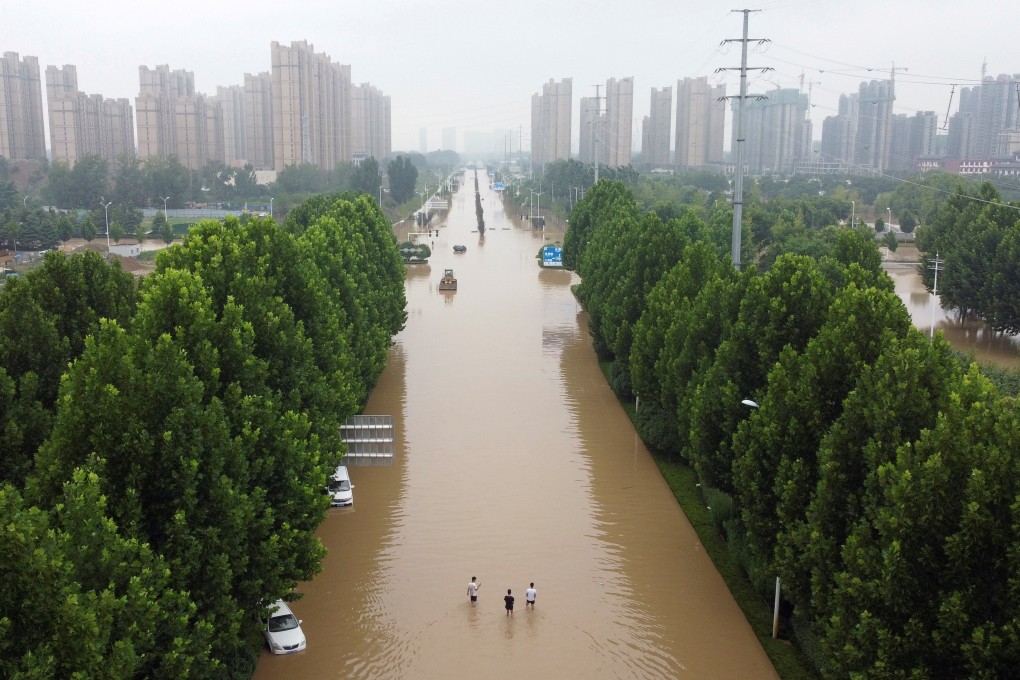China Briefing | As China floods, lack of public debate holds back preparation for future extreme weather events
- Calling the deadly deluge a ‘once in 1,000 or 5,000 years’ event has aroused suspicions they are trying to minimise their responsibility
- In fact, public discussions are crucial for ordinary people and officials alike to target vulnerabilities in urban infrastructure and the environment

Local officials have pinned the devastating destruction solely on Mother Nature, but there are questions about whether they paid sufficient attention to early warnings and whether rigid bureaucracy delayed evacuations, particularly in the case of a subway train that was trapped for hours as the tunnel it was in slowly filled with water, killing at least 14 people.
By all accounts, the devastating rainfall on July 20 that flooded subways and paralysed transport as well as telecommunications in Zhengzhou, home to 12 million people, was the heaviest there in decades.
According to official reports, the maximum rainfall reached 201.9mm per hour that day, breaking the previous record of 198.5mm in 1975. In a 24-hour period from 8pm the previous day, 552.5mm of rain fell on Zhengzhou. By comparison, in the flooding that hit Germany earlier this month, the worst in post-war history, the maximum rainfall was recorded at 154mm over a 24-hour period.
In the three days from July 17-20, Zhengzhou recorded nearly a year’s worth of rainfall.
The city’s meteorologists promptly labelled the deluge a “once in 1,000 years” event – and, not to be outdone, the provincial department of water resources described it as something that would only happen “once in 5,000 years”.

